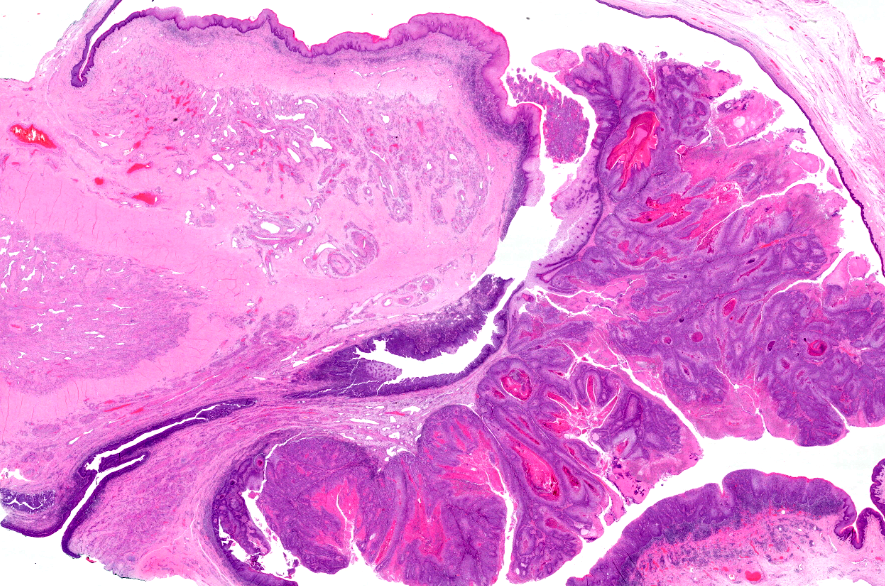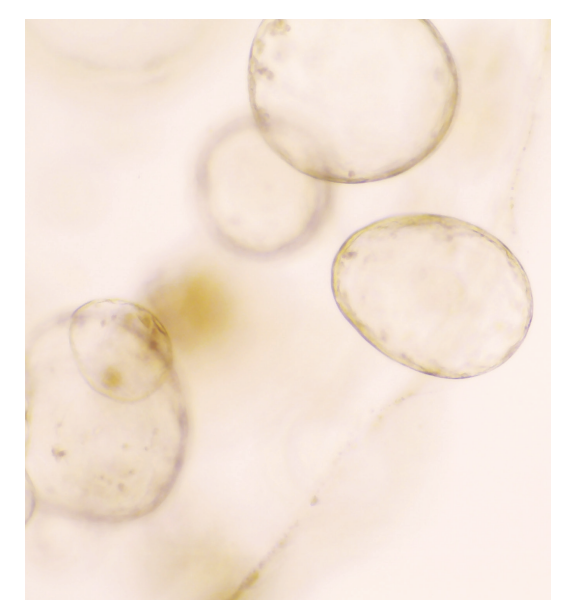Overview
Penile cancer is a squamous cell carcinoma (PSCC) is a rare tumour with almost no patient or funder advocacy programmes and constitutes 1–2% of male cancer in the developing world; this hinders the broad study of its biology by scientists worldwide and contributes to lack of tailored treatments. Radical penile and inguinal surgery is the mainstay of treatment, but this leads to reduced quality of life with overall survival at 5 years ranging from 0-50% dependent on nodal or systemic metastasis at presentation. Recent molecular pathology studies in metastatic PSCC suggest that up to 50% will be HPV+ and 5-15% of biospecimens will have mTOR, EGFR and DNA repair mutations (BRCA2, ATM). There are few data on localised disease, but if DNA repair mutations led to radiosensitive tumours, these could be treated with organ-sparing radiotherapy.
There are two HPV+ variants of PSCC with large differences in biology and outcome. Yet studies to date have mixed them in their series, possibly leading to imprecision in classification. Why there are different prognoses both these two variants are HPV+, is unknown. We posit that HPV+ Basaloid-PSCC and Warty-PSCC subtypes reflect differential gene expression and function, leading to differential evolutionary trajectories and outcome. We propose that varied HPV/host interactions (e.g. viral load, integration site, immune response, presence of hypoxia, genomic landscape) determine the fate of these PSCCs. This is a joint academic pathology project with the University of Leeds and University of Manchester.





